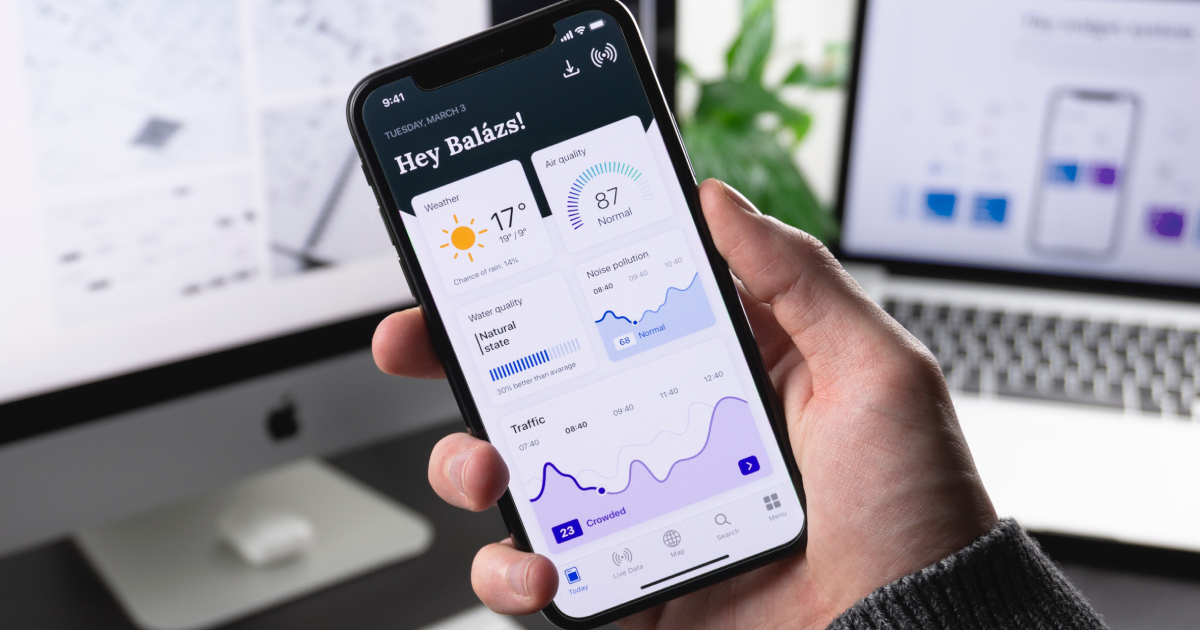Website vs. Mobile App

Websites often include a one-way interaction where you can download and receive information. A web application is an application that is stored on a web server and supports a two-way interaction with some features that are not possible with a static website.
However, many owners opt to convert their websites and web applications to mobile applications. And for those who already own a mobile-friendly website or web app, it is not a challenging task to create a user-friendly mobile app.
Conversion Benefits
If you want to convert your website to a mobile app, there are things to consider and many benefits you can find helpful. A mobile app will create a personalized and direct marketing channel, allowing you to interact with your customers quickly. On top of that, customers will receive better customer service immediately, helpful consumer insights, and boosted customer loyalty.
How to Convert a Website Into an Application

Many different approaches exist, but the essence is the same. There should be a list of general steps one should take when converting a website.
You should create a list of all wanted features, design the application, create a user-friendly UX, code (or use a builder) the app, try out your application, test it extensively, and publish it.
The Best Approach
As we mentioned in the beginning, there are multiple ways and approaches to converting your website to a (mobile) application. In short, your business goals and needs will determine which type of application you will go with.
If you are using one of the more popular website builder tools, it will be relatively easy to create a web app from your website in a few clicks. However, this approach is suitable for personal use but will not be easy to share with other people.
A hybrid app approach is a good choice if your website is mobile-friendly. This mobile application will serve as a wrapper that displays your site. Some technical skill is needed to achieve this look, but you will have a functional application that can be shared with others.
Keep in mind that this approach can be limiting in some cases and that you will not gain some essential advantages of a mobile application.
And lastly, the most demanding approach here is building your native app. In many cases, after a native app is downloaded to a user’s device, there will be no need for internet access to interact with your brand. This approach takes time and requires extensive technical knowledge but comes with the best user experience.
Do not be afraid if you lack the technical expertise for this approach. Many established teams and development companies will help you materialize your idea.
What to Consider

When converting your website to an application, you should consider some factors and steps that should be taken. You should consider your application’s consistency and simplicity, try to implement gesture-based navigation, work on UX design and screen patterns, and keep screen size in mind when choosing the design, fonts, font sizes, general layout, etc.
Conclusion
The creation of mobile applications requires some patience. Continue to have faith in your ideas and ambitions. Create short-term goals, achieve them, then set new ones as you continue to work toward your overall objectives.
One of the primary advantages is that apps generate three times as many sales as mobile websites and that in-app revenues are increasing 46% annually. That significantly increases your conversion rate!
